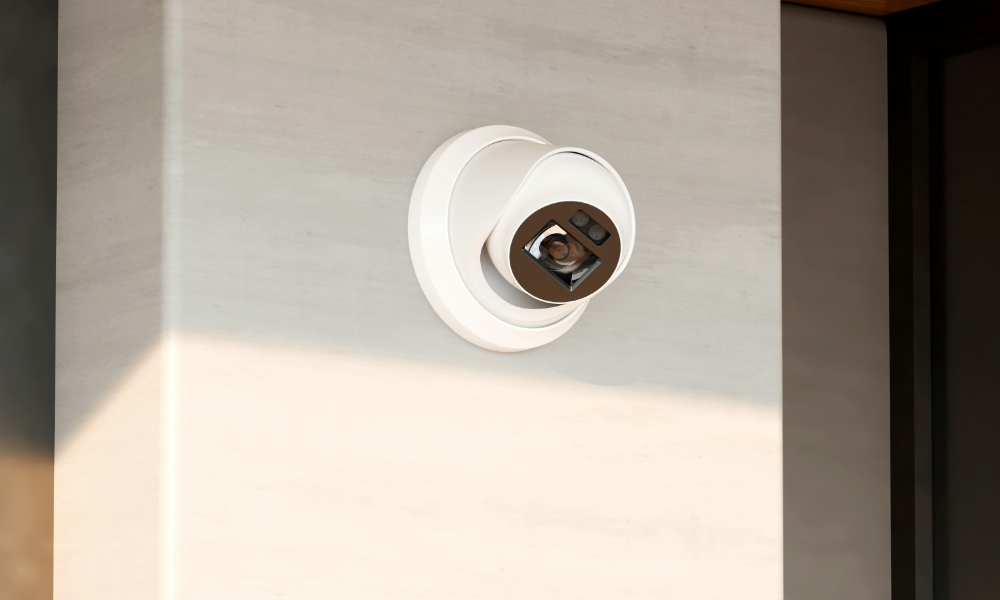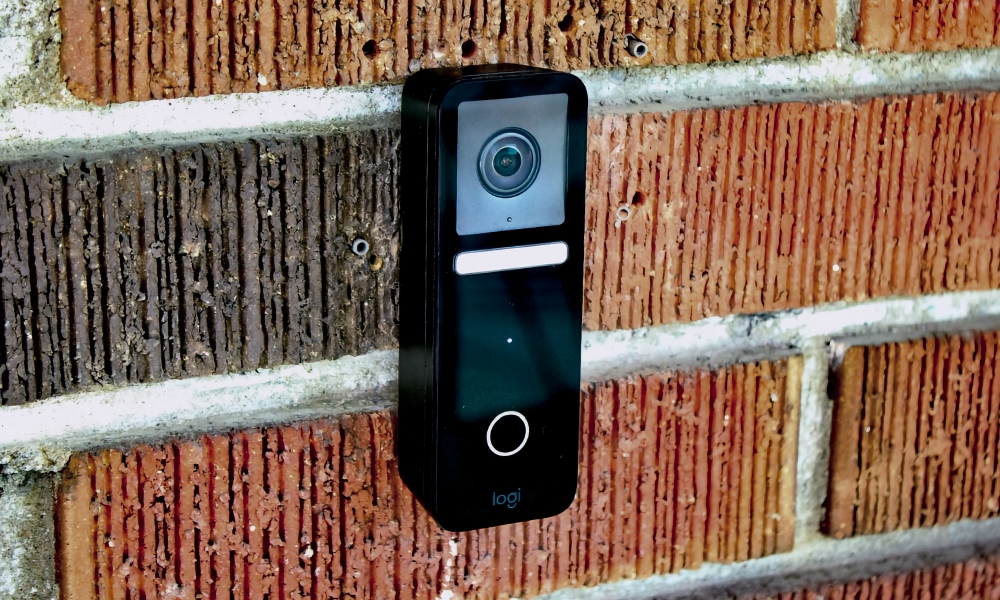Apple Reportedly Developing a New Smart Home Security Camera
 Credit: Imkara Visual / Unsplash+
Credit: Imkara Visual / Unsplash+
Toggle Dark Mode
It’s not a big secret that many of Apple’s HomeKit initiatives haven’t worked out as well as the company would have liked. While Apple has expanded HomeKit with new frameworks and features over the years, it’s up to smart home accessory makers to take advantage of those.
While the new Matter standard promises greater interoperability, allowing smart home accessories to work more easily across multiple platforms, it still doesn’t support certain categories of accessories. These include cameras, home security systems, and occupancy sensors.
This first category has been the most disappointing for fans of Apple’s HomeKit ecosystem. Five years ago, Apple unveiled HomeKit Secure Video (HKSV) as part of its iOS 13 release, promising a secure and encrypted way to stream video from cameras around your home and securely store it in iCloud. Apple even generously provides storage for your camera recordings at no additional charge as long as you’re subscribed to at least a basic iCloud+ tier; you’ll be limited to the number of cameras you can use at the lower levels, but the recordings don’t count against your iCloud Drive storage.
While HKSV does a good job of delivering on that promise — I’ve been using it in my home since 2020 — the frustrating part is that the options for equipping your home with the necessary cameras are quite limited. Apple maintains a list of compatible HomeKit accessories, where you’ll find less than a dozen brands on board. Plus, while some of these offer multiple products with HKSV compatibility, that support isn’t universal across their entire lineups.
Except for a few dedicated HomeKit cameras like Logitech’s Circle View lineup, HKSV support tends to be an afterthought that’s bolted onto these companies’ own storage and streaming services. This often requires you to jump through extra hoops to disable or bypass these if you truly want your camera feed to stream solely through HomeKit and iCloud rather than also being sent to the manufacturer’s cloud servers.
Even before HKSV came along, many Apple fans wished the company would enter the hardware market with its own accessories to fill some of the gaps. Nowhere has that been more true than in the camera space. Fortunately, it looks like Apple may finally be doing exactly that.
In a recent Medium post, well-known analyst Ming-Chi Kuo shared that Apple is “making its first foray into the smart home IP camera market,” with a product possibly shipping as soon as 2026.
The smart home IP camera, scheduled for production in 2026, is designed to integrate seamlessly with other Apple hardware products via wireless connectivity. Current global smart home IP camera shipments are 30–40 million units per year, with Apple’s long-term goal of annual shipments of 10+ million units for this product line. This strategic move demonstrates Apple’s continued exploration of growth opportunities in the home market. I believe the user experience will be significantly enhanced by Apple’s great ecosystem and deep integration with Apple Intelligence and Siri.Ming-Chi Kuo
Since Kuo didn’t go into specifics, it’s difficult to know exactly what Apple is up to here. While there could be some overlap with the rumored smart display expected in 2025 and the 2027 “tabletop robot,” a “smart home IP camera” sounds more like a standalone product.
However, it also doesn’t sound like Apple has high ambitions here. Kuo says the company is aiming to sell only 10 million units per year. That’s roughly in line with HomePod mini sales, which Statista estimates peaked at nearly 15 million in 2021, but have been on the downswing since.
Nevertheless, a smart home camera seems like the next logical step after a home hub if Apple wants to get serious about HomeKit. While Amazon and Google rely on third parties to create basic accessories like lights and plugs, they both have a much stronger base of core hardware products like home hubs and cameras — both categories that Apple has yet to enter.
[The information provided in this article has NOT been confirmed by Apple and may be speculation. Provided details may not be factual. Take all rumors, tech or otherwise, with a grain of salt.]








